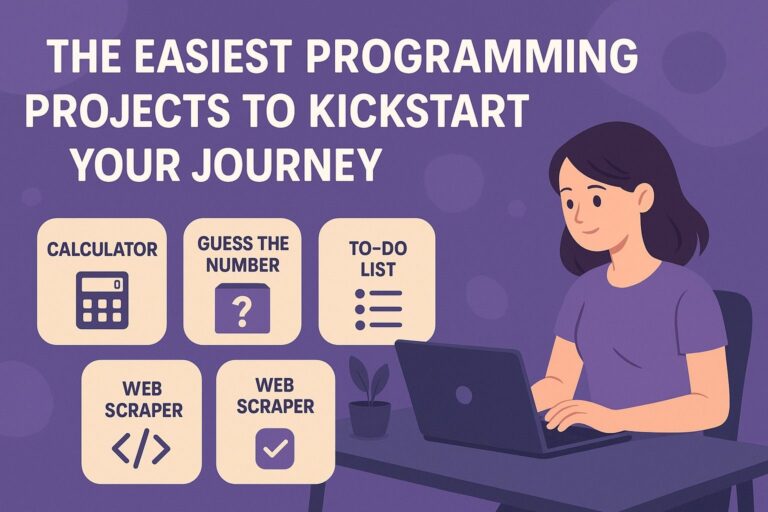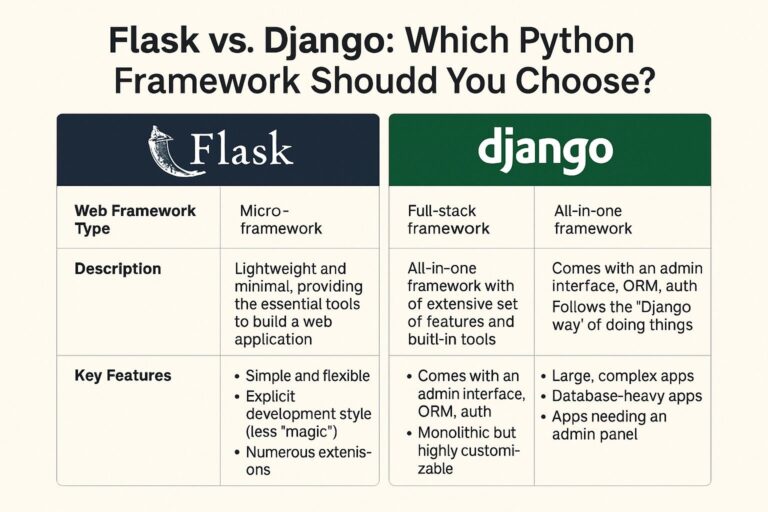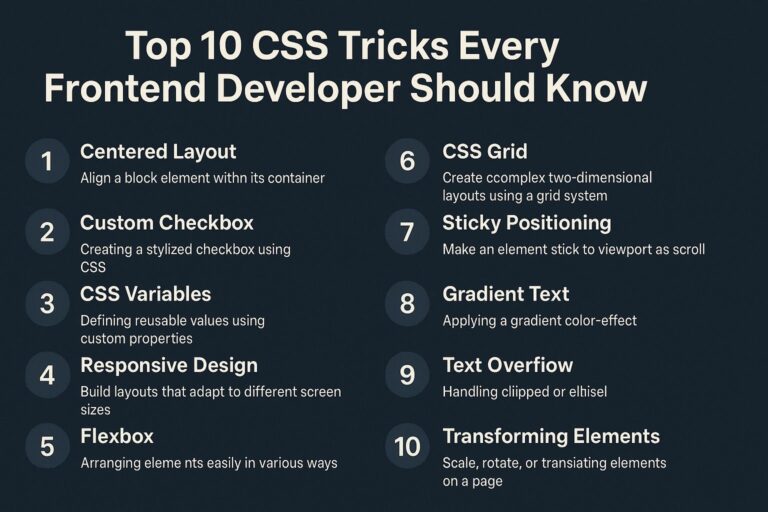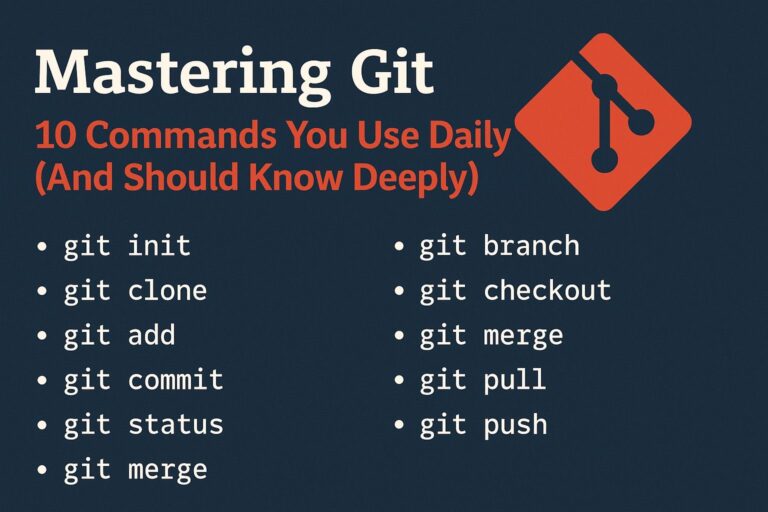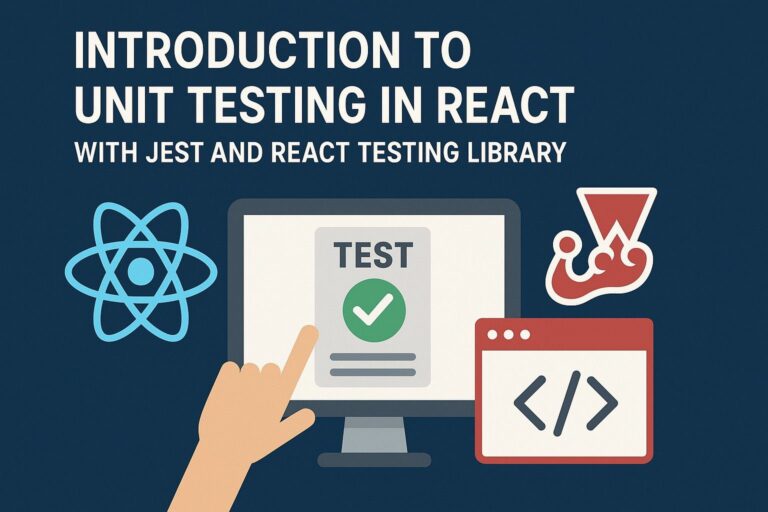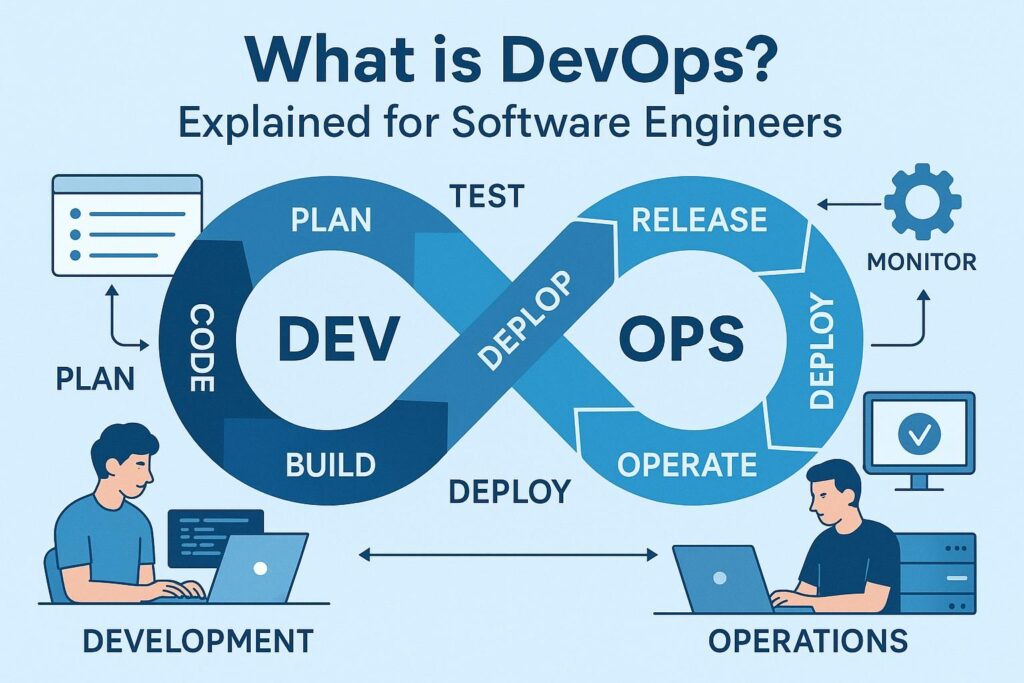
In today’s fast-paced software development environment, the demand for faster releases, higher quality, and continuous innovation is at an all-time high. To meet these demands, a cultural and technical shift known as DevOps has become essential.
But what exactly is DevOps? Is it a set of tools? A job title? A process? Or all of the above?
This article will explain what DevOps really means, how it impacts software engineering, and why understanding DevOps is critical for modern developers.
What is DevOps?
DevOps is a combination of Development (Dev) and Operations (Ops). It refers to a set of practices, cultural philosophies, and tools that bring together software development and IT operations teams to deliver applications and services faster and more reliably.
In simpler terms, DevOps is about:
- Collaboration between development and operations
- Automating the software delivery pipeline
- Monitoring performance in real-time
- Ensuring rapid and reliable deployment of features
The primary goal of DevOps is to shorten the software development lifecycle while maintaining high quality and aligning with business goals.
Why DevOps Matters for Software Engineers
As a software engineer, your job doesn’t end with writing code. DevOps emphasizes end-to-end responsibility—from coding and testing to deployment and monitoring.
Here’s why it’s important:
1. Faster Delivery
DevOps practices like CI/CD (Continuous Integration/Continuous Deployment) ensure that code changes are automatically tested and deployed, reducing time-to-market significantly.
2. Improved Code Quality
With automated testing, peer reviews, and consistent integration, developers catch bugs earlier in the cycle, leading to more stable and maintainable software.
3. Continuous Feedback
Monitoring tools and user analytics provide real-time insights, allowing engineers to make data-driven improvements and respond quickly to issues.
4. Greater Collaboration
DevOps breaks down silos between development, QA, and operations. Engineers are encouraged to work across disciplines, which promotes shared ownership and accountability.
Core Components of DevOps
Understanding DevOps means understanding its key practices and how they affect your work as a software engineer.
1. Continuous Integration (CI)
Continuous Integration is the practice of frequently merging code changes into a central repository. Each integration is automatically tested, which helps catch bugs early and ensures your code integrates well with others.
Tools: Jenkins, GitHub Actions, CircleCI
2. Continuous Delivery (CD)
Continuous Delivery automates the release process so that changes can be deployed to production (or staging) with minimal manual intervention.
Tools: Spinnaker, Argo CD, GitLab CI/CD
3. Infrastructure as Code (IaC)
IaC allows you to define and manage infrastructure through code rather than manual processes, making infrastructure more scalable, consistent, and version-controlled.
Tools: Terraform, AWS CloudFormation, Ansible
4. Monitoring & Logging
DevOps promotes continuous monitoring of application performance and infrastructure. This feedback loop helps detect issues quickly and ensure system health.
Tools: Prometheus, Grafana, ELK Stack, Datadog
5. Automation
From testing and builds to deployments and infrastructure provisioning, automation is the backbone of DevOps. It reduces human error and frees up developer time.
Tools: Selenium, Kubernetes, Docker, Jenkins
DevOps vs Traditional Software Development
| Feature | Traditional Model | DevOps Model |
| Team Structure | Siloed Dev, QA, Ops | Cross-functional and collaborative |
| Release Cycle | Weekly/Monthly | Daily/Multiple times a day |
| Deployment Process | Manual | Automated |
| Feedback Loop | Delayed | Continuous |
| Responsibility | Developers code; Ops deploy | Shared ownership |
DevOps enables a faster, safer, and more efficient development process compared to the traditional waterfall or segmented approaches.
DevOps Roles and Responsibilities for Developers
As a developer in a DevOps environment, your responsibilities expand beyond coding. You may be involved in:
- Writing automated tests and pipelines
- Building Docker containers
- Creating deployment scripts
- Setting up alerts and monitoring dashboards
- Debugging issues in production environments
This holistic approach not only broadens your skillset but also makes you a more valuable member of any tech team.
How to Get Started with DevOps as a Software Engineer
Here are some steps to begin your DevOps journey:
- Understand Version Control Systems
Master Git and GitHub workflows. These are foundational for CI/CD. - Learn CI/CD Concepts and Tools
Start with simple pipelines in GitHub Actions or Jenkins and gradually explore more complex workflows. - Get Hands-On with Containers
Learn Docker to build portable, consistent development environments. - Explore Kubernetes and Orchestration
Kubernetes is the industry standard for managing containers in production. Learn how services are scaled and monitored. - Practice Infrastructure as Code
Try Terraform or Ansible to define infrastructure in code and manage it efficiently. - Set Up Monitoring and Logging
Learn how to use tools like Grafana, Prometheus, and ELK Stack to gather and analyze system metrics.
Final Thoughts
DevOps is not a tool or a job title—it’s a mindset shift. For software engineers, embracing DevOps means becoming a well-rounded developer who understands the full software lifecycle, from development to production.
By learning and applying DevOps principles, you’ll write better code, ship faster, reduce bugs, and ultimately become more aligned with business outcomes.
Whether you’re just starting out or you’re looking to level up, understanding DevOps is no longer optional—it’s essential for modern software engineering.

I’m Shreyash Mhashilkar, an IT professional who loves building user-friendly, scalable digital solutions. Outside of coding, I enjoy researching new places, learning about different cultures, and exploring how technology shapes the way we live and travel. I share my experiences and discoveries to help others explore new places, cultures, and ideas with curiosity and enthusiasm.

